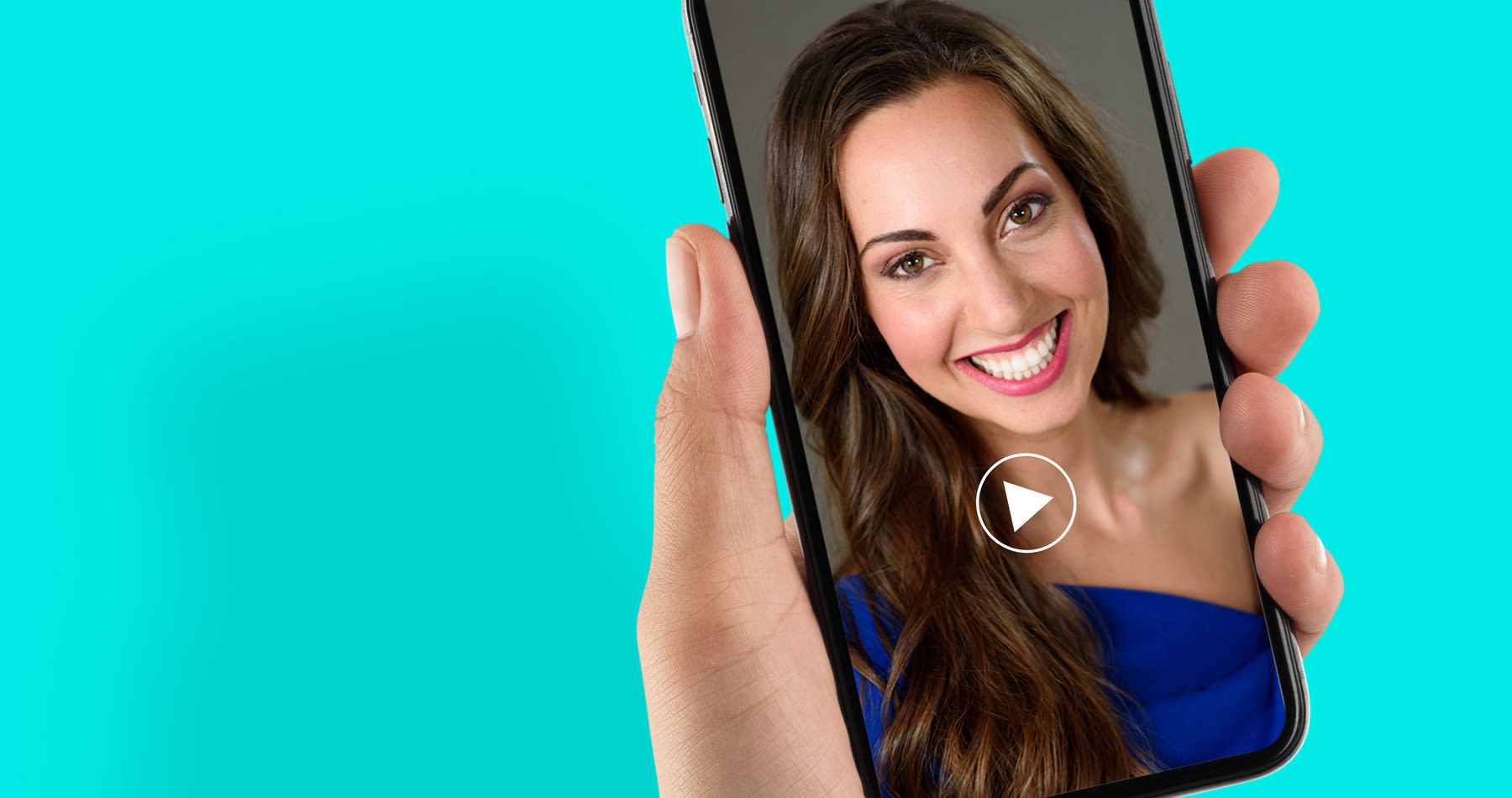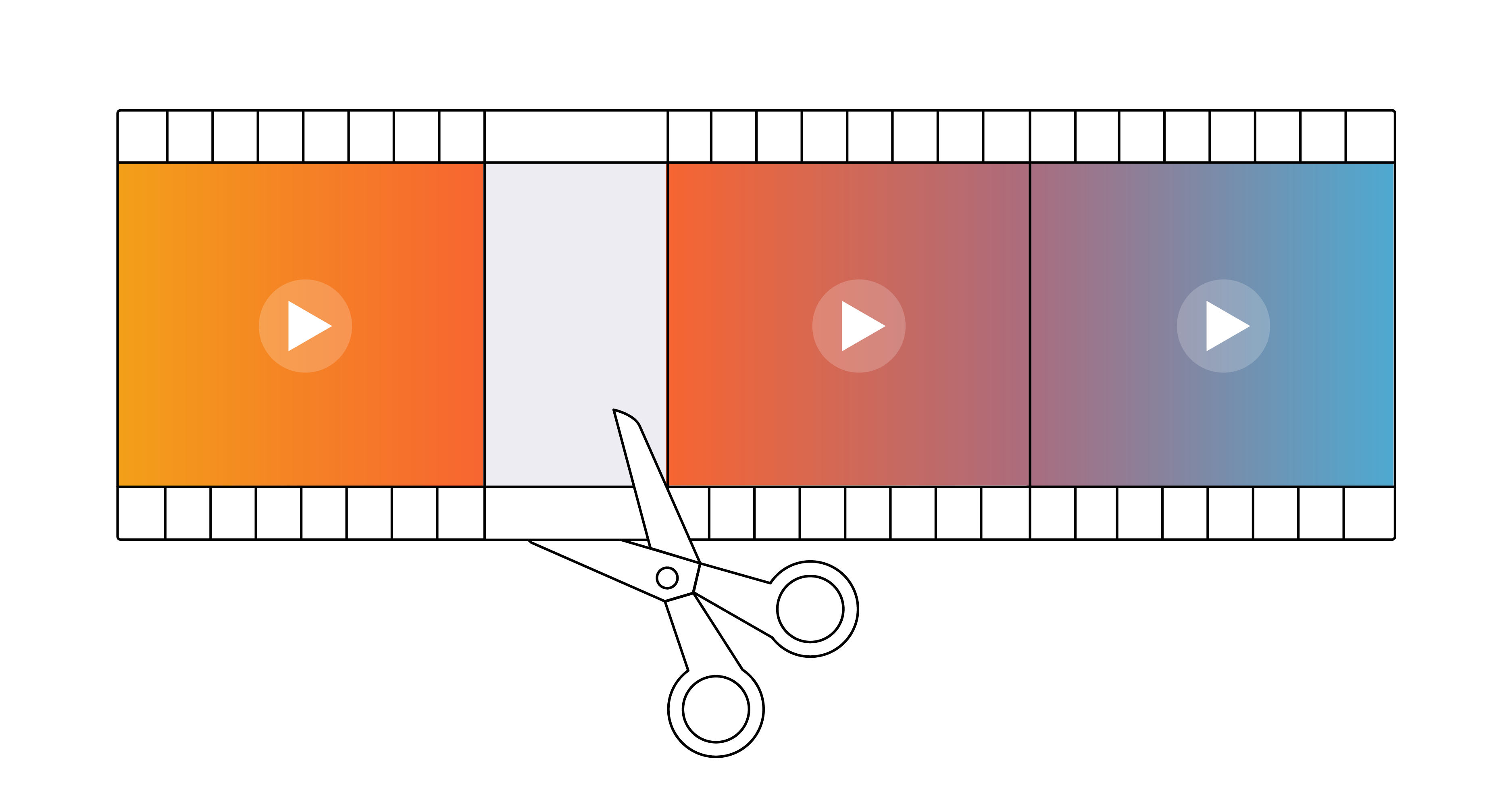The Value of Non-Verbal Communication with Vanessa Edwards
Virtual Events

Non-Verbal Communication, Deeper Conversations, and What Will Shock the People of the Future
Vanessa Van Edwards is the national bestselling author of Captivate: The Science of Succeeding with People, which has been translated into 16 languages. As founder of Science of People, Vanessa’s YouTube videos have been seen by over 36 million people. For over a decade she has trained audiences around the world, including Fortune 500 companies and audiences at MIT and SXSW.
I recently had the opportunity to ask her a few questions in preparation for her session at PLAY 2021 on October 5-6. For an expert in non-verbal communication, she sure has a lot of interesting things to say.
In terms of body language and non-verbal communication, what is the number one thing you wish people knew about how they present themselves?
The majority of our communication is nonverbal -- 60% plus. Yet we often practice our answers, we script out our presentations. We need to practice our nonverbal delivery along with our words.
How did you become interested in this field?
I see so much potential for brilliant people who could be magnifying their message. When I began to read the research of how much we can do to increase our impact, I realized I had to share it. My goal is to give specific tools to professionals they can use to immediately improve their communication.
In your own experiments on human behavior, what have you found that has surprised you the most?
I was surprised that the questions we ask each other the most: "How are you?" and "What do you do?" are the worst for building trust and rapport. I had to go on a "how are ya?" diet! It was so hard to cut it out ... but once I did I had such deeper conversations!
We talk a lot about video's ability to connect people - talk a bit about human connections and why they're important. + How important is it to see someone to make a connection with them? Do we connect with faces in ways we simply can't connect with voices alone?
Video communication is incredibly important for quickly connecting with anyone from afar. Video allows us to see facial expressions, gestures, posture and even body movement. This is essential for building lasting trust. We can do it without video but it is so much harder. Without video we are guessing, we are hoping and we are far less in control of our first impression and charisma.
More people than ever are making or appearing in videos today - what advice would you give them to make their videos more persuasive and more believable? What common mistakes do people make?
I LOVE video as a communication method. And it can set us up for tremendous success with our communication...if done right. First, be sure the camera is at least 18 inches from your nose. Sounds odd, I know, but it is important you don't get too close to the camera because it will trigger invasiveness for viewers. We like to observe space zones with people even on camera. Second, make sure you can see your upper body in the shot -- especially hand gestures! The more of someone you can see, the more you feel you can understand them.
For thousands and thousands of years, human behavior evolved in a world which was fairly static - the world you were born into was not that different from the world you died in. That's no longer true - far from it. What kind of challenges does the extremely rapid pace of change in our world pose to human behavior?
I think our rapid pace world has helped us reach for the stars. We are accomplishing far more than ever before. We are performing things we never thought possible. This is wonderful, but it also produces burnout faster. The best way to be successful is to push our limits while also protecting our recharge space.
Let's speculate a bit: If you go back a hundred years, you can find countless examples of human behavior that would be unacceptable today. What do we do today that will have people shaking their heads a hundred years from now?
I think people of the future will be shocked at how much we touch strangers. The first thing we do when we meet a stranger? Put our hand to theirs. I think over time we will be more cautious with our touch...only giving it to people we care about so as not to risk germ exposure. I think one day we might only handshake with our friends.
Want to hear more from Vanessa and many other fascinating speakers? Register here for PLAY 2021, free and fully virtual October 5-6.


